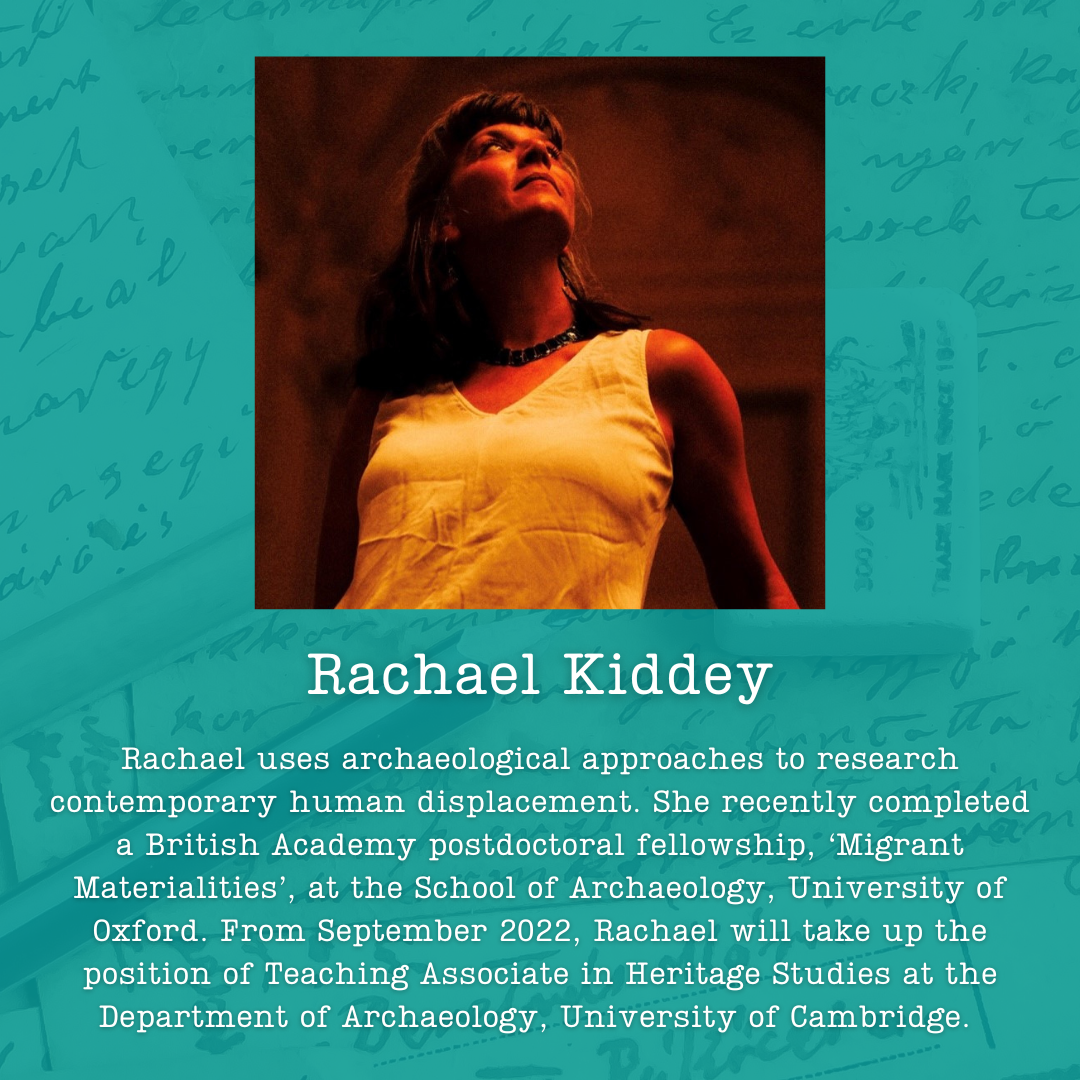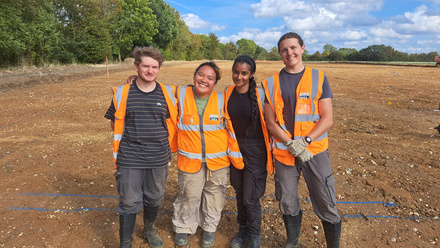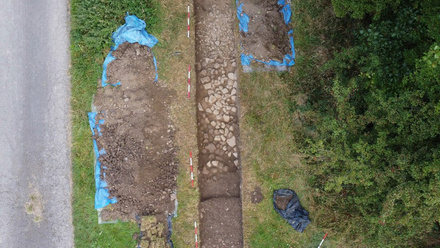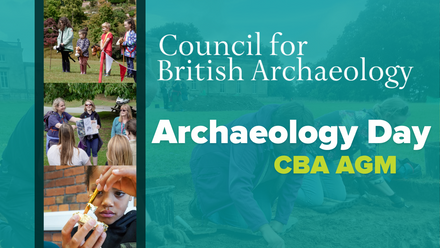Letter to a Young Archaeologist August 2022
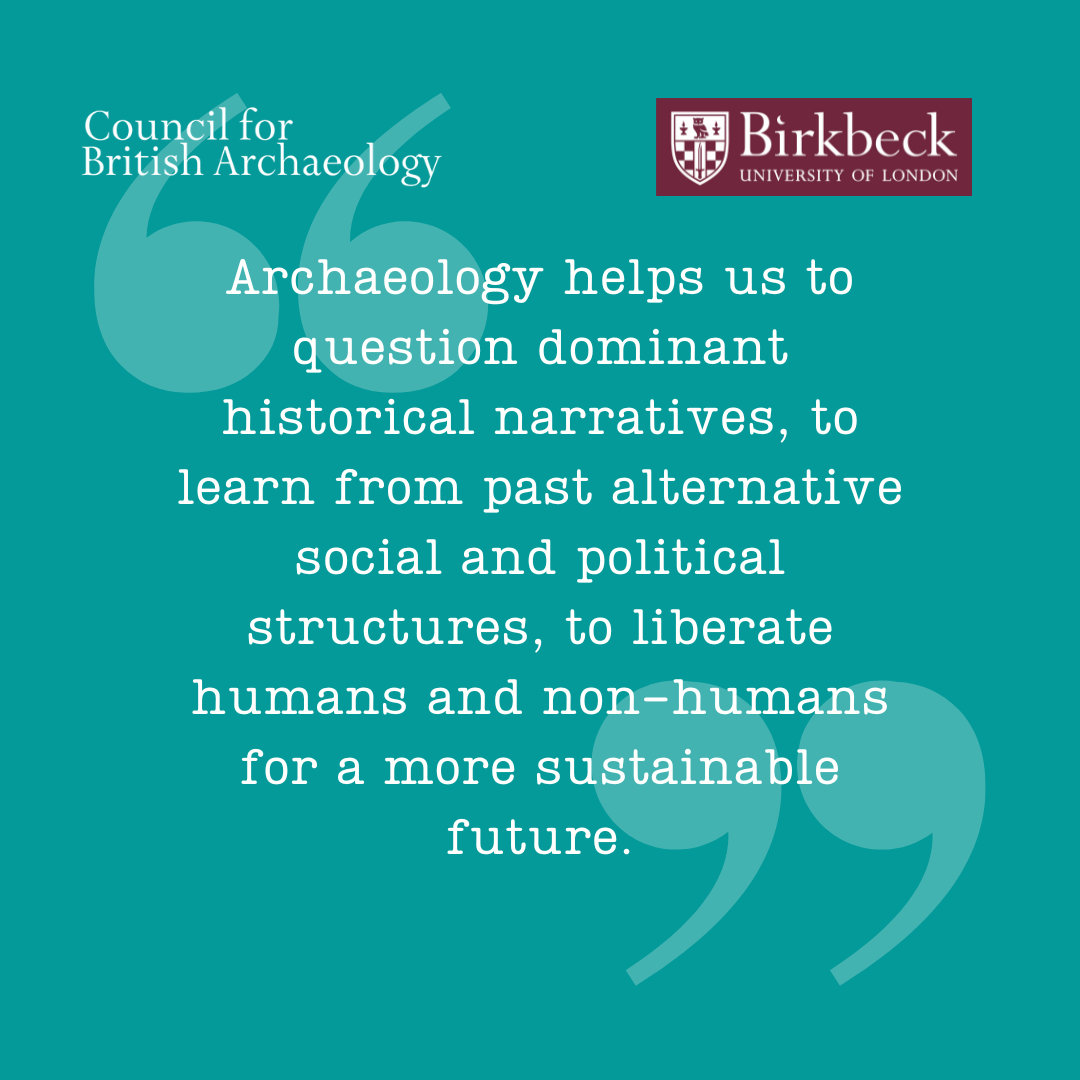
Dear Young Archaeologist – or archaeologist just starting out,
You have made a brave decision to follow this exciting path at a time when our government is attacking institutions and university departments which attempt to liberate ‘the past’, so that everyone is represented. Welcome to the frontline in protecting diversity and freedom for the future! Yes!
Archaeology is that serious. Archaeology involves locating traces of the past – sometimes the very recent past – to piece together stories about myriad human experiences. We work on the past, in the present, for the future. Sometimes, for example, in the case of homeless people or people displaced by war or other intolerable circumstances, these stories involve exposing aspects of the current world
order that governments and corporations don’t want anyone to understand. In this letter, I’m going to share five ‘lessons’ about what I think archaeology is and what it can do.
Lesson 1: All archaeology is political! When I was at school in the 1980s/90s, my favourite teacher was Mrs Cooper, my history teacher. She had dark black hair, worn in a bob, with half-moon glasses perched on the end of her nose. She spoke with a gravelly voice and chain-smoked cigarettes in class!
Lesson 2: Things change! Sometimes things change incrementally, so that it’s hard to perceive over the course of one or two human generations, but even where things endure, they change. Landscapes and buildings are always ‘in process’; conservation practices, designed to preserve ancient monuments and material culture, are a form of adaptation and change. Languages evolve to include - and exclude - words and verbs. When I was at school, words such as ‘Internet’ did not exist. The word ‘text’ referred to a body of writing. It wasn’t a verb. Bungalow, pyjamas, shampoo, cashmere, jungle…these ‘English’ words originate from India. Archaeology is about surveying the landscape – cultural, social, built, natural – to find clues about how humans have moved around the planet over time (national borders and immobility are a very recent invention).
Lesson 3: Archaeologists don’t just dig in the ground! I used to go to my history class early so that I could talk with Mrs Cooper while she set out papers for us to read. She recognised the power of teaching her students to think critically. She had to follow a set curriculum which, in the early 1990s, included no mention of countries outside of the U.K. However, Mrs Cooper was clever. As she wearily asked us to recall the dates of the Corn Law (1815) and the Poor Law Amendment Act (1834), and the names of the dead white men responsible, she also asked us to think about the people over whom these laws had power. Why were they poor? Because they had no choice but to work in cotton mills. Where did the cotton come from? America. Who grew the cotton? Enslaved people of African heritage. Who profited from enslaving people and forcing them to grow cotton on Indigenous land? The men who made the laws. With a cigarette in one hand and a piece of chalk in the other, Mrs Cooper drew flow-charts on the board to visualise the connections between these abstract and concrete things – law, poverty, manufacturing, property, and labour (people).
Lesson 4: Archaeology is about people and their relationships to the material
and natural world. Mrs Cooper gave me a copy of George Orwell’s famous book ‘Nineteen Eighty-Four’. She told me that Orwell was a problematic character but that he was right when he said, ‘[they] who control the past, control the present’. Archaeology helps us to question dominant historical narratives, to learn from past alternative social and political structures, to liberate humans and non-humans for a more sustainable future.
Lesson 5: Read beyond your history syllabus and don’t believe everything you
read in museums.
Solidarity and good luck!
Rachael
